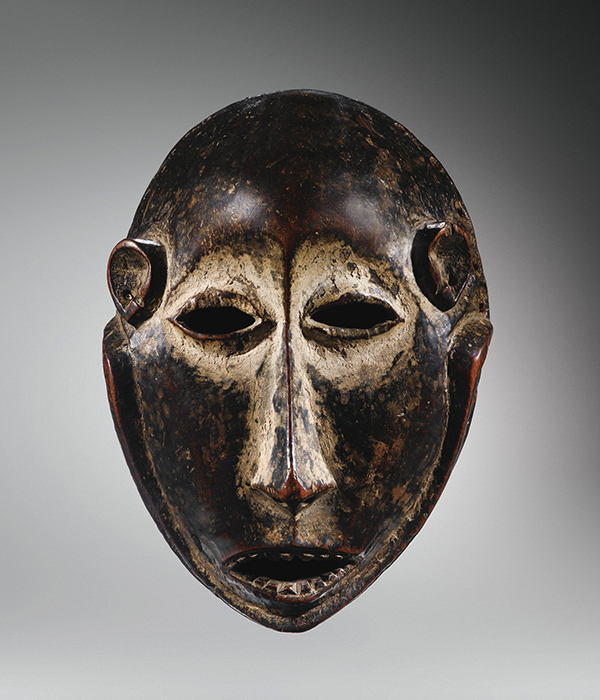Hungary is “absolutely interested” in negotiation of a new post-Cotonou agreement insured Péter Szijjártó, the Minister of Foreign Affairs and Trade, however it has also some expectations concerning the Migration Chapter of the agreement, namely reflecting reality on illegal mass migration. The mandate to the European Commission negotiators led by Neven Mimica can be given by the Hungarian government as soon as the three following issues are included: in general the migration chapter should meet the realities; the acknowledgment of illegal migration as security threat to Europe; the stopping of illegal migration must be a goal.
“We see that there is a chance to agree on this three points” – Szijjártó continued, underlining that the negotiations with the Commission has lasted for some weeks, and there is no objections from the behalf of Mimica. The minister also underlined that both Balkans and Mediterranean routes for trafficking illegal migrants are active, representing security problems to be urgently addressed.
At the margins of the European foreign affairs Council Péter Szijjártó met with Brussels press-corps, sharing the position of the Hungarian government on the range of issues of international agenda, not the least the mandate to negotiate the post-Cotonou agreement to European Commission Neven Mimica.
Today in Brussels the Foreign Affairs Council is expected to discuss the negotiating mandate for the future agreement between the EU and the African, Caribbean and Pacific (ACP) 79 countries. The current ACP-EU Partnership Agreement, also known as the Cotonou Agreement, will expire in February 2020.
The Cotonou Agreement is the overarching framework for EU relations with African, Caribbean and Pacific (ACP) countries. It was adopted in 2000 to replace the 1975 Lomé Convention.
It is the most comprehensive partnership agreement between developing countries and the EU, covering the EU’s relations with 79 countries, including 48 countries from Sub-Saharan Africa.
Foreign ministers had an initial discussion during January’s Foreign Affairs Council. Development ministers had a discussion on 22 May 2018.

3 Comments Add yours